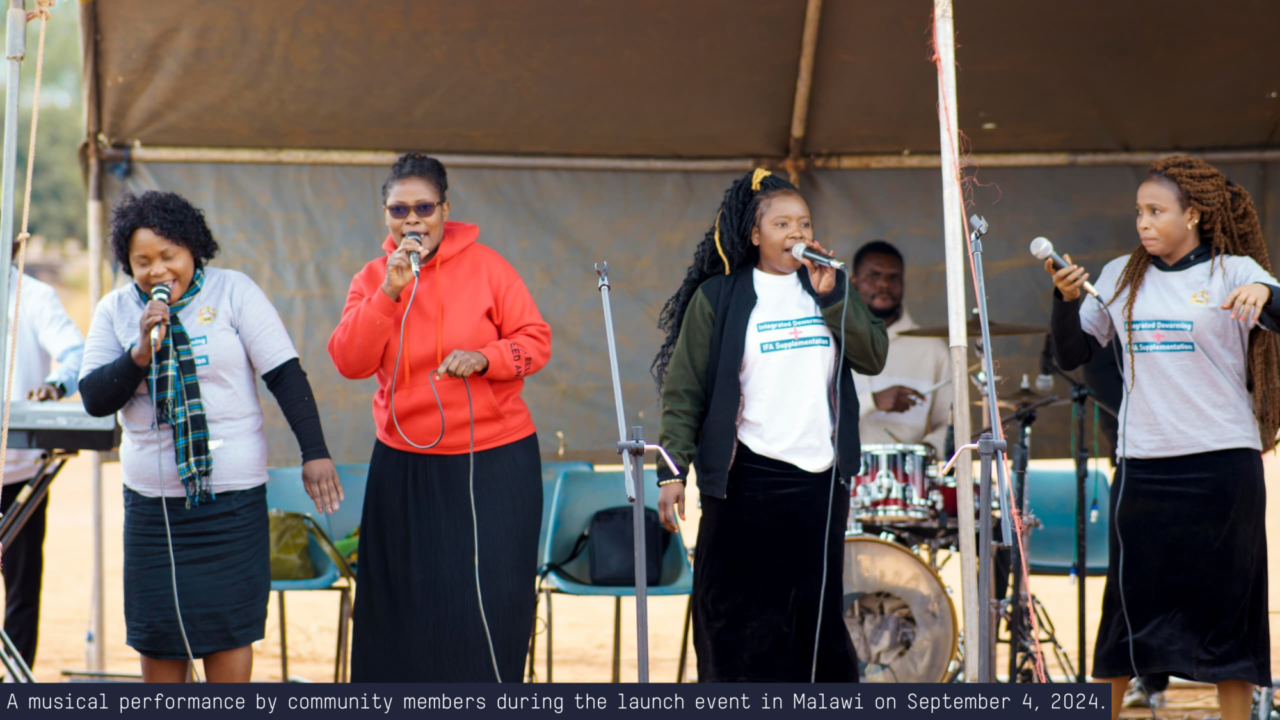Pakistan is estimated to be among the ten most affected countries by soil-transmitted helminths (STH), a parasitic worm infection. To understand the magnitude of the problem, in 2016 we supported the Government of Pakistan to conduct its first nationwide STH prevalence survey. The data showed that approximately 17 million school-age children in 45 at-risk districts across Pakistan needed deworming every year.
To help ensure that these children are provided with regular treatment, we partnered with Interactive Research and Development (IRD) Pakistan to support the Government of Pakistan to launch school-based deworming programs in seven territories and provinces—Islamabad Capital Territory, Khyber Pakhtunkhwa, Sindh, Punjab, Azad, Jammu & Kashmir, Balochistan, and Gilgit-Baltistan.
Intizar collaborates closely with the government, IRD, and Evidence Action’s global Deworm the World Initiative team. His work has been vital in helping to increase the number of children who are being dewormed across the country.
We talked with Intizar about his role and what brought him to Evidence Action:
Why did you decide to work in the development sector?
When the earthquake of 2005 hit Pakistan, I was in my final exam period at university for my masters in business administration. When I returned to my village in Khyber Pakhtunkhwa, an area highly affected by the earthquake, I realized I wanted to help with the emergency. I asked my cousin to drop my CV to a couple of organizations in the capital, and a week later I joined Save the Children.
Why did you decide to join Evidence Action?
I got the opportunity to join Evidence Action in May 2019. One of my colleagues at Save the Children had joined Evidence Action and when my position was made available, he encouraged me to apply. My experience was very relevant. At the time, no one else was conducting school-based deworming in Pakistan other than Save the Children in small pockets across the country. Now, Evidence Action and IRD are supporting the federal and provincial governments to implement large scale deworming campaigns across 45 at-risk districts of Pakistan.
What makes working with Evidence Action in Pakistan so unique?
The three things that I want to highlight are [Evidence Action’s] evidence-based model, its cost effectiveness, and its multi sectoral model.
Evidence-based, because we follow the data. For example, the STH survey showed we need to prioritize 5 out of 30 districts in one region. We are currently concentrating our efforts in those 5; however, we have gotten repeated requests by district officials to start deworming activity in some of the other districts. But we are following the evidence and helping the government focus their energy where they can have the largest impact.
The second thing is cost-effectiveness. We think about cost-effectiveness before making any decisions to ensure that resources are being invested thoughtfully. The third is the multi-sectoral program in Pakistan. We are simultaneously working with three government stakeholders who are running these programs: the Ministry of Health, and the Ministry of Education, and the Ministry of Planning, Development, and Special Initiatives. It is very rare for an intervention to have such strong collaboration between the three ministries.
What are some of the main challenges that you have experienced in this position?
In Pakistan we have 160 districts and Evidence Action is currently working in 45 of them across seven regions—and every region is like a country with its own culture, structure, and bureaucracies. It may seem like I’m working on the Pakistan program, but all of the regions are very different from each other. So it can be challenging, but I’m fortunate to have a very supportive team.
What motivates you the most about your work with Evidence Action?
Last week, I was in a quarterly planning and review meeting with my team. Someone asked a question: Aside from getting paid, what are the reasons you choose to stay working for the organization? My answer was: my whole life I’ve worked for the betterment of the lives of children and working on this program provides me with this opportunity, as it prioritizes serving children and protecting them from worm infections.



